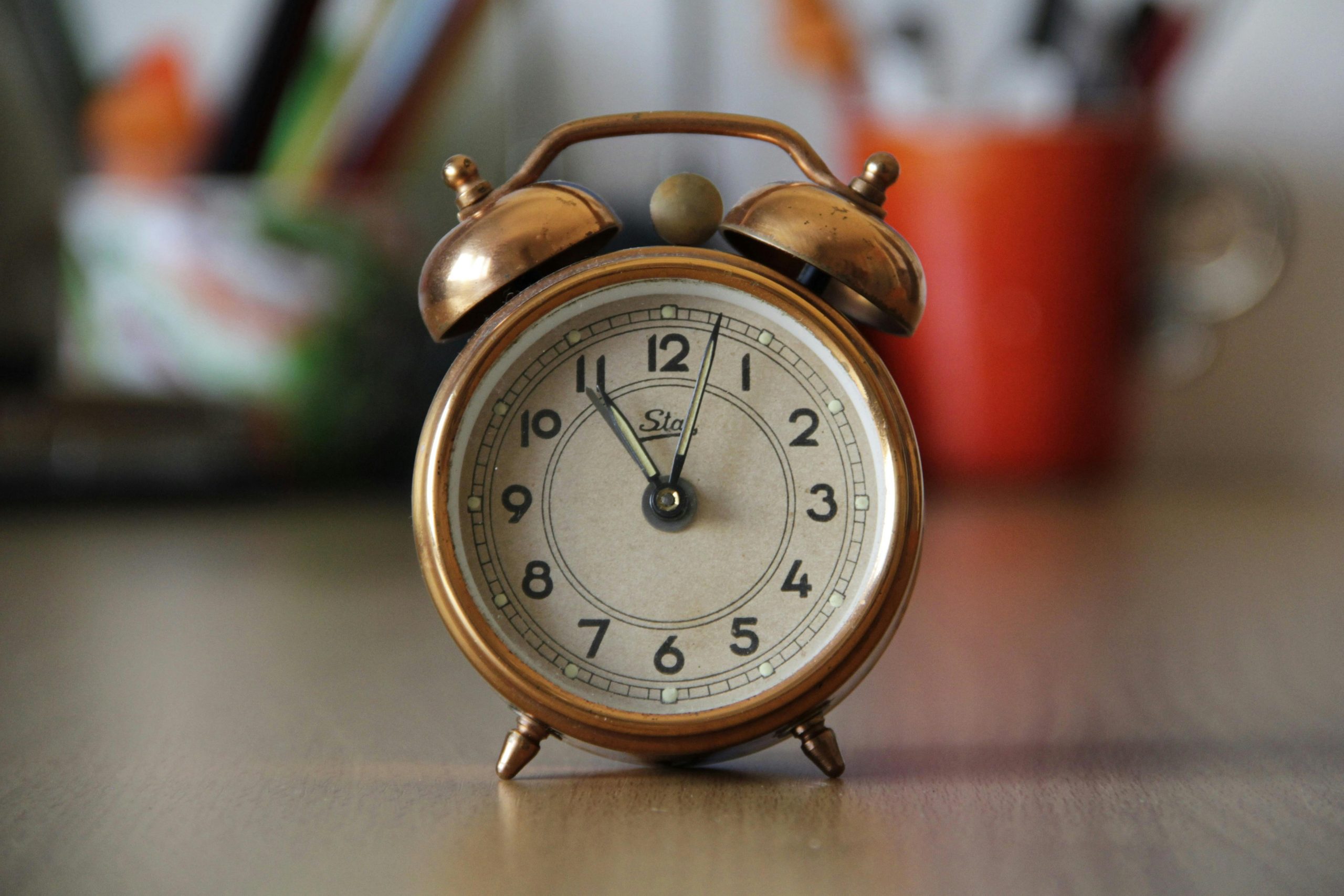The Body’s Internal Clock: What Is Circadian Rhythm?
Your blood sugar levels do not just rely on what you eat, but when you eat as well. Our bodies have a biological timekeeper known as circadian rhythm. This internal clock regulates many aspects of our health and wellbeing like sleep, hormone release for growth and development, digestion, and namely, blood sugar control. For individuals living with or at risk of diabetes, the fluctuation in our internal clock can significantly affect how blood sugar levels are managed throughout the day.
Circadian rhythm is controlled by a part of the brain called the “suprachiasmatic nucleus” which primarily responds to the light in our surroundings. The brain is not alone in this as many organs, including the pancreas, liver, and muscles, have their own circadian clocks. These ‘peripheral clocks’ help regulate how much, and how fast our body burns through sugars and other sources of energy.
Insulin and Blood Sugar Throughout the Day
After eating, the pancreas responds by releasing insulin, a hormone that helps move sugar from the bloodstream into cells where it can be used for energy. However, your body doesn’t respond to insulin the same way at all hours of the day; it is naturally more sensitive to insulin during the morning and early afternoon. To add, circadian rhythm has been shown to regulate insulin release from pancreatic islets (the cells that are responsible for the production and secretion of insulin), where research suggests that the rate of insulin release peaks between 12pm-6pm. As the day progresses, insulin sensitivity decreases, and blood sugar tends to rise more easily after meals eaten later in the evening.
When Clocks Fall Out-of-Sync: Circadian Disruption and Diabetes Risk
Disruptions to this biological clock, like shiftwork (e.g. flight attendants, truck drivers, public safety workers, and security guards), sleep disorders, or inconsistent mealtimes, can cause the internal clocks in different organs to fall out-of-sync which increases the risk of developing type 2 diabetes. It has been demonstrated that when your circadian rhythm becomes out-of-sync, your body becomes less sensitive to insulin leading to a worsened ability to handle and process sugar.
Type 2 Diabetes: A Closer Look
This daily fluctuation can be even more noticeable in people with type 2 diabetes. Research shows that people with type 2 diabetes often have higher blood sugar levels in the evening and may experience more difficulty lowering those levels after dinner compared to earlier meals.
Why This Science Matters
Scientists are still uncovering how these rhythms interact with diabetes management, but one thing is clear: your body keeps time, and that timing influences how well it processes food and regulates blood sugar. Understanding how circadian rhythm influences our body may offer new insights into why blood sugar behaves differently throughout the day and how better alignment between your body’s clock and daily routines could support a healthier body.
This article was developed in partnership with Diabetes Action Canada as part of the Canadian National Graduate Course in Islet Biology and Diabetes hosted by the University Toronto (BCH2140).



